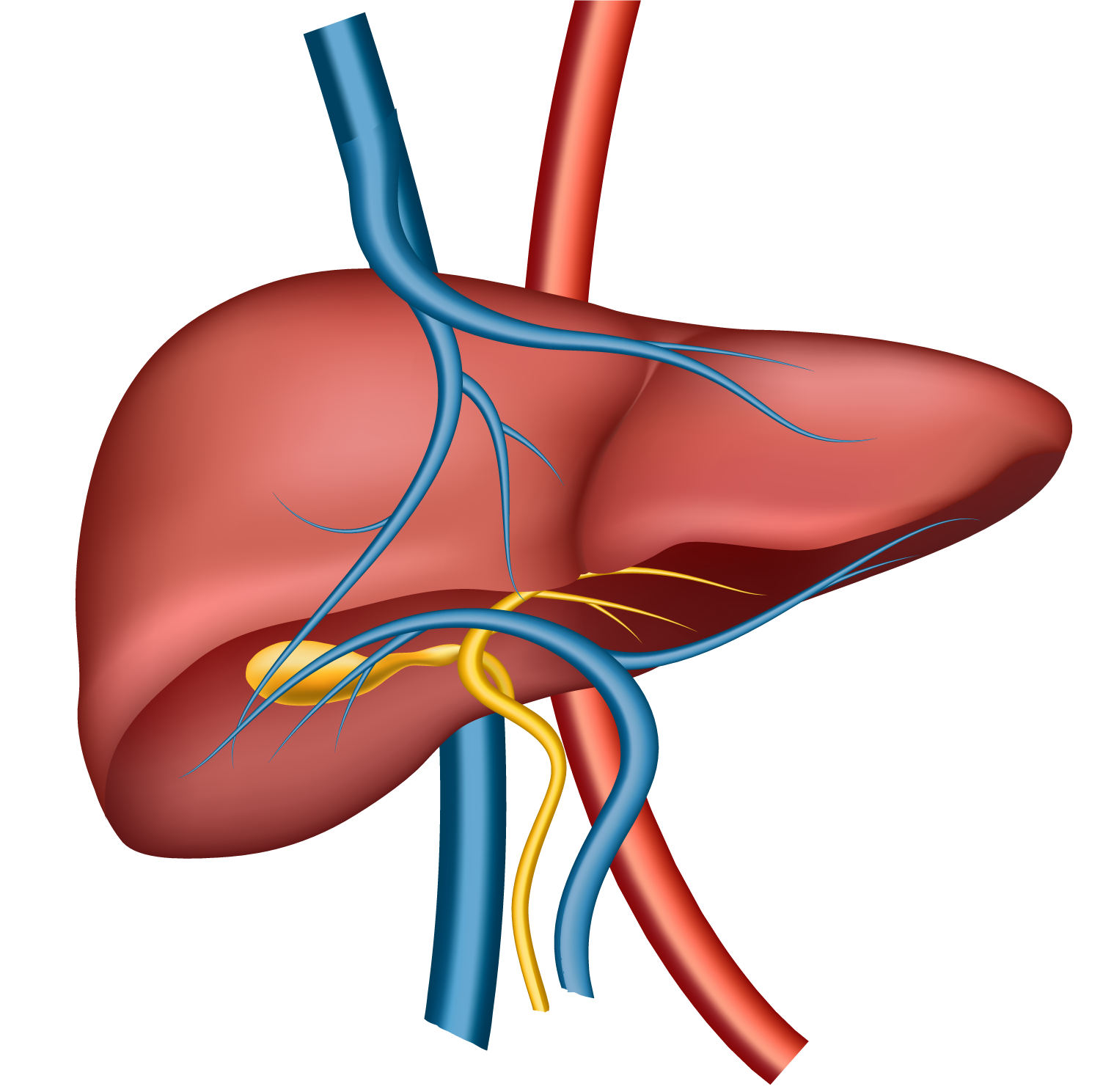Folic acid
The Liver’s Silent Ally: Why Folic Acid Deserves More Than a Passing Mention

As a hepatologist, I’ve often been asked about liver enzymes, fibrosis scores, and drug protocols. But rarely does anyone ask, “How’s your patient’s folate status?” And yet, in the background of every inflamed, overburdened, metabolically dysfunctional liver, folic acid is quietly playing one of the most underrated roles in hepatic defense.
In our rush toward biologics and advanced diagnostics, we sometimes miss the basics. But the truth is, no liver protocol is complete without a check-in on folate.
More Than a Vitamin: Folic Acid and Hepatic Methylation
Folic acid (Vitamin B9) is not just a vitamin. It’s a co-factor in the methylation cycle, essential for DNA synthesis, repair, detoxification, and cell regeneration. In a liver constantly exposed to metabolic and oxidative stress—from alcohol, fatty food, insulin resistance, and toxic exposures—methylation is not optional. It’s survival.
Low folate levels impair hepatic methylation, increase homocysteine, worsen oxidative stress, and compromise mitochondrial function. You won’t always see these on a standard liver panel—but you’ll feel them in the clinical inertia of a patient who just doesn’t improve.
Alcohol and Folic Acid Deficiency: A Hidden Crisis
Chronic alcohol use interferes with folate absorption, hepatic storage, and biochemical utilization. What follows is a double blow—nutritional deficiency coupled with metabolic demand.
Studies show that folate deficiency in alcohol consumers correlates with:
- Elevated homocysteine (a liver-toxic molecule)
- Worsening fibrosis in alcohol-related liver disease
- Higher risk of hepatocellular carcinoma
Gomez-Lechon MJ et al. (2021) reported that patients with chronic alcohol intake and low folate levels showed increased hepatocyte apoptosis and impaired regeneration. Folate repletion reversed several of these effects in human liver biopsy models. [1]
Patel H et al. (2022) observed that serum folate levels were independently predictive of outcomes in patients with alcohol-associated hepatitis. [2]
MASH and Folate: A Metabolic Match
In MASH (Metabolic dysfunction-associated steatohepatitis), insulin resistance and poor one-carbon metabolism create a perfect storm for hepatic fat accumulation and inflammation. Folate is a key modulator of both.
Low folate has been associated with:
- Increased hepatic triglyceride deposition
- Reduced mitochondrial oxidation
- Higher serum ALT, AST, and liver stiffness scores
Kawamura Y et al. (2023) demonstrated that folate supplementation improved metabolic markers, reduced hepatic steatosis, and downregulated inflammatory gene expression in NAFLD patients. [3]
Liu S et al. (2022), in a multi-center study, found that NAFLD patients with adequate folate intake had significantly lower risk of progression to NASH and fibrosis. [4]
It’s not a magic bullet—but it may be one of the body’s most cost-effective biological tools.
The Bigger Picture: Homocysteine, Methylation, and DNA Repair
One overlooked reason for folic acid’s impact on liver health is its role in controlling homocysteine, a known hepatotoxin. Elevated homocysteine worsens oxidative damage, fibrosis, and hepatic stellate cell activation.
Moreover, folate is crucial for DNA synthesis and repair. In chronic liver disease—especially in patients exposed to alcohol or undergoing regenerative stress—DNA repair is vital. Without enough folate, the liver loses that edge.
It’s not just about enzymes—it’s about the liver’s ability to recover at a cellular level.
Why We Include Folic Acid in Alcofriend™ Coffee
We didn’t add folic acid to Alcofriend just to tick off a label. We added it because years of clinical practice showed us a pattern: fatigued livers that couldn’t regenerate despite enzyme control. Low folate was often the missing link.
A liver under daily attack from lifestyle stress needs more than support—it needs ammunition. And folic acid provides that quietly, every single day.
A Thought for Fellow Physicians
When was the last time you checked folate in your patient with fatty liver or mild transaminitis? In a world chasing innovation, it’s easy to overlook foundational needs.
But folate doesn’t need to shout to prove its worth. It works in the background—supporting DNA repair, silencing homocysteine, enhancing methylation, and restoring cellular peace.
It’s time we bring it back into the spotlight.
References (Vancouver Style)
- Gomez-Lechon MJ, et al. Folate deficiency accelerates liver damage in alcohol-exposed patients: A liver biopsy-based human study. Hepatol Res. 2021;51(3):245–253.
- Patel H, et al. Serum folate as an independent predictor of mortality in alcohol-associated hepatitis: A cohort analysis. J Clin Gastroenterol. 2022;56(5):412–418.
- Kawamura Y, et al. Folic acid supplementation improves hepatic inflammation and steatosis in patients with NAFLD: A randomized controlled trial. Nutrients. 2023;15(2):397.
- Liu S, et al. Dietary folate intake and liver fibrosis progression in patients with NAFLD: Evidence from a multicenter study. Clin Nutr. 2022;41(9):2045–2052.
Frequently Asked Questions (FAQ)
It supports DNA repair, reduces homocysteine, and aids methylation—making it a valuable part of liver recovery, especially when used early.
Yes, MASH, obesity, poor diet, and insulin resistance can all impair folate metabolism.
Clinical evidence suggests folate may enhance hepatocyte regeneration and reduce oxidative damage.
A: It helps replenish what is often depleted in alcohol users and poor diets. It supports liver repair at the molecular level.
While much of the research on astaxanthin's liver-protective effects stems from animal studies, emerging human data are promising. Preliminary clinical trials have reported improvements in liver enzyme levels and reductions in hepatic fat content following astaxanthin supplementation. These findings suggest potential benefits for individuals with liver conditions, although more extensive human studies are warranted. lifeextension.com
It’s time we stopped treating folic acid like an optional extra. In liver care, it may just be one of our most silent but powerful allies.
Alcofriend Coffee incorporates astaxanthin into its formulation, offering a convenient and enjoyable way to support liver health daily. By combining the benefits of astaxanthin with other liver-supportive ingredients, Alcofriend Coffee aims to provide a holistic approach to liver care.
